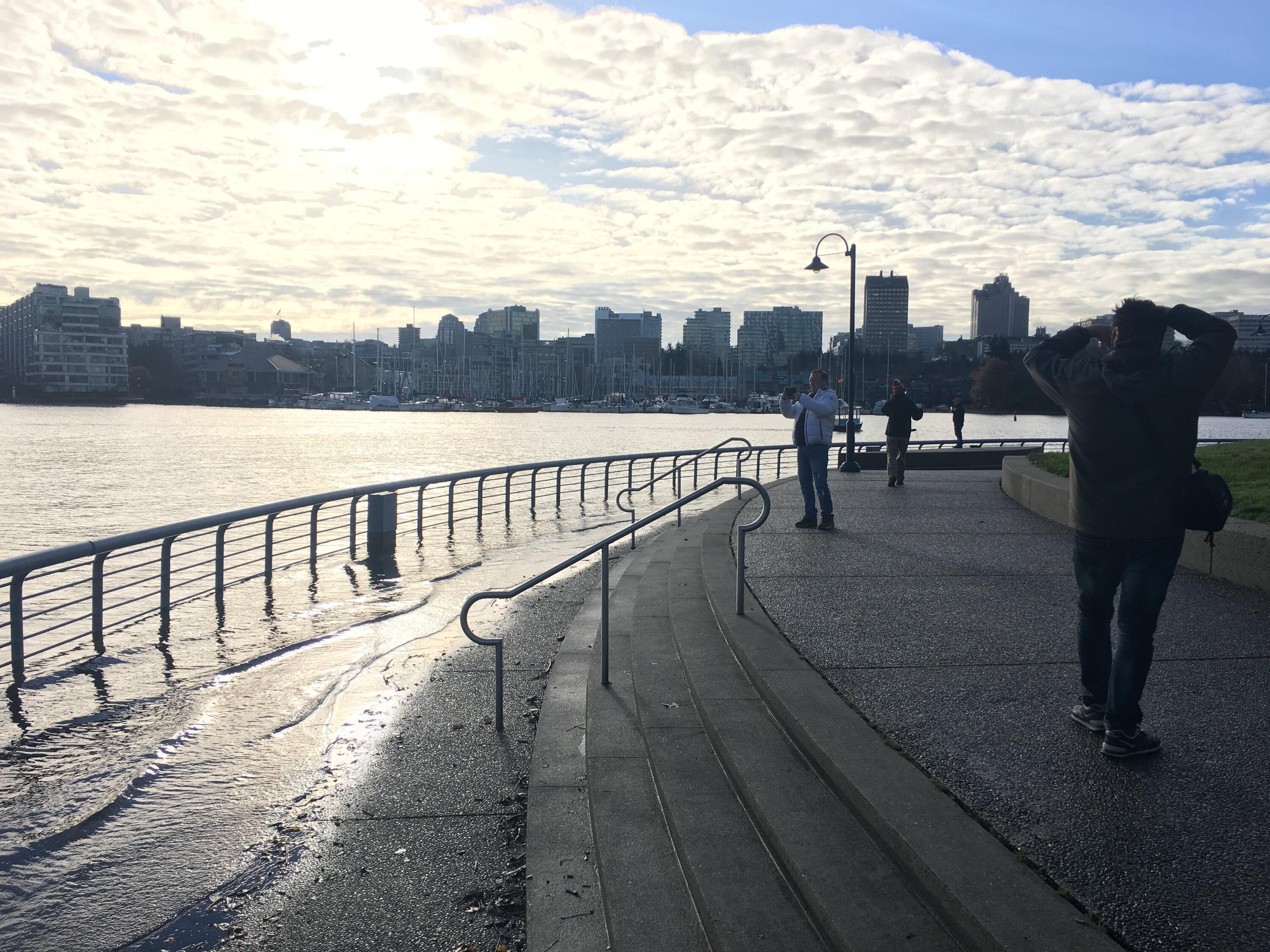Celebrating the life of renowned Canadian-American scientist David Schindler
Schindler conducted numerous groundbreaking studies during his career in efforts to protect freshwater around the world

Schindler conducted numerous groundbreaking studies during his career in efforts to protect freshwater around the world

Exploring our relationship to water during this year's World Water Day celebration. Join the conversation and tell us what water means to you!
Water is fundamental to human health and a key social justice issue. Lack of access to safe drinking water and adequate sanitation is one of the greatest human health and environmental threats facing the world’s most vulnerable.
Ground-breaking research from a number of Water Institute members has been recognized by the Canada Foundation for Innovation in their latest Innovation Fund grant awards, with three projects receiving a total of $7,615,829.
Two civil and environmental engineering doctoral candidates received outstanding student presentation awards in the hydrology section of the annual American Geophysical Union Fall Meeting.
The recently launched Indigenous and Black Engineering Technology (IBET) PhD Project will provide funding to support Indigenous and Black students pursuing doctoral degrees in engineering at six Ontario universities.
Farmers Face Issues With Phosphorus Movement in Colder Regions
Farmers who live in colder environments need to adjust cover crop management practices to avoid issues with phosphorus (P) releases into surface and subsurface water. The type of cover crop planted should be part of that decision process.
The first volume of a new, open-access journal, Wellbeing, Space & Society, is now available online!
Researchers at the University of Waterloo are working with engineers at the Region of Waterloo to better understand the concentrations of microplastics in our local water supply.
Microplastics are tiny particles of plastic — smaller than five millimetres — that come from a variety of sources, including plastic litter that breaks up into smaller pieces as it degrades, the tiny beads used in exfoliants and facial scrubs, and even tiny plastic fibres sloughed from synthetic clothing in the laundry.
University of Waterloo joins major research project to help communities on British Columbia’s South Coast prepare and adapt for sea level rise and flooding.
